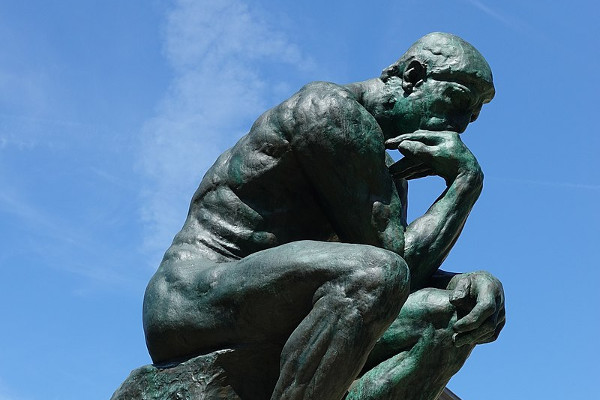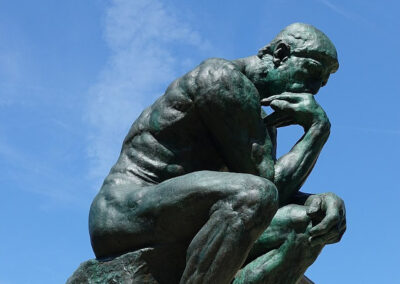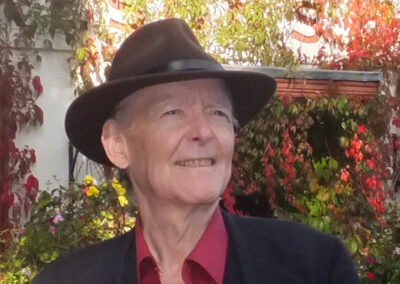Reflective Practice is an ancient concept. There are references to the power of reflective learning in the writings of Confucius, around 460BC, and the ancient Greeks practised ‘reflection’ as a form of contemplation in search of truth. Their ancient meaning of reflection features in several modern definitions.
“Careful thought or consideration..” Wikipedia, 2015.
“Serious thought or consideration…” Oxford English Dictionary, 2006.
“Quiet thought or contemplation…” Collins Free Dictionary, 2003.
“The action of turning (back) or fixing the thoughts on some subject; meditation, deep or serious consideration… (and philosophically) the mode, operation or faculty by which the mind has knowledge of itself and its operations, or by which it deals with the ideas received from sensation and perception…” Oxford English Dictionary, 1922.”…A mental process of thinking about what we have done, learned and experienced…” Professor Jenny Moon, teaching expert and author, 1999.
Reflect – “Turn one’s thoughts back on, meditate on, ponder..” Chambers Etymology
Reflective Practice – “…the capacity to reflect on action so as to engage in a process of continuous learning…” (Schon 1983:102-104), and “…paying critical attention to the practical values and theories which inform everyday actions, by examining practice [life/work experiences] reflectively and reflexively. This leads to developmental insight…” (Bolton 2010:xix) Wikipedia, 2015.
Reflexivity – “Finding a way to stand outside ourselves to get a more objective view of ourselves…” Kitchener, 1983
Critical self-reflection – “To know how and to what extent it might be possible to think differently, rather than legitimating what is already known … a test of the limits that we may go beyond” Michel Foucault, 1992.
Critical Reflection – “The [Brookfield] ‘Lens theory’ suggests that apart from reflecting on our own personal beliefs, we reflect through other ‘lenses’, on multiple perspectives including theory…” Brookfield, 1995.
Reflector, critical reflector, non-reflector – Terms derived from the above, referring to people and the type/extent of reflection they use. For example ‘the reflector’ refers to a person who uses reflection of some sort. A ‘critical reflector’ more specifically refers to someone who uses Reflective Practice as a learning tool to question and evaluate themselves, others and situations. A ‘non-reflector’ is a person who rarely or never uses reflection. The terms are used commonly in academic or technical writing, when describing or reporting on reflective methods and activities.
“…To monitor our own learning progress to become aware of the limits of our own knowledge and values, assumptions and expectations (frames of reference)…” Kitchener, 1983.
“Knowing about knowing” and “Cognition about cognition.” Traditional informal definitions, Wikipedia 2015
“Awareness and understanding of one’s own thought processes.” OED, 2006.
The following definitions convey distinct meanings of Reflection:
Metacognition







